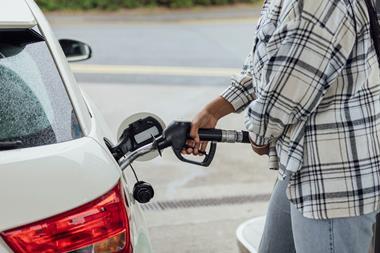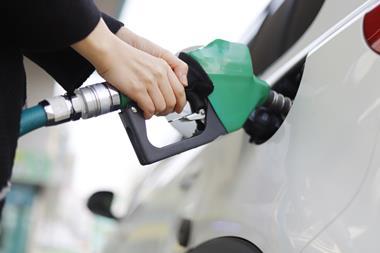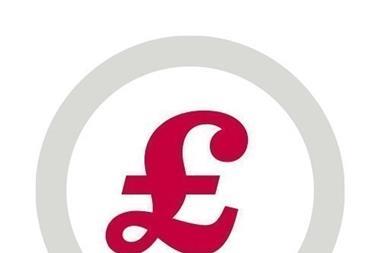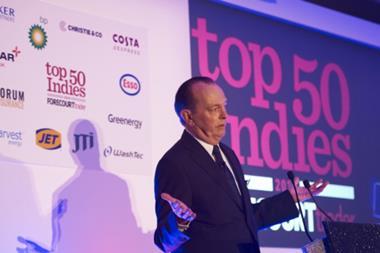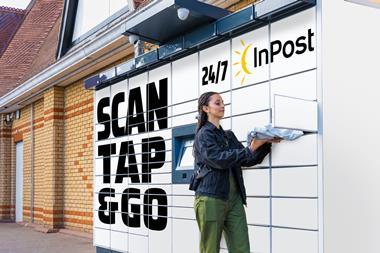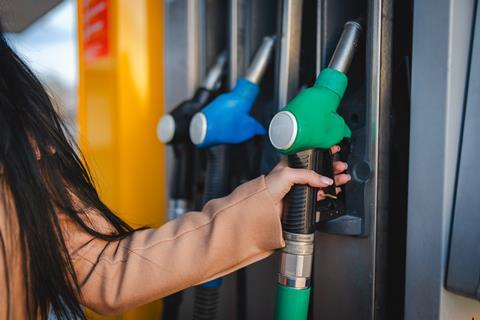
The Government is consulting on imposing financial penalties of up to 5% of daily turnover on forecourt retailers that fail to comply with new measures designed to increase fuel price transparency.
The new Digital Markets, Competition and Consumers Act, which passed into law in May, gives the Competition and Markets Authority (CMA) power to request that a business involved in, or connected with, the distribution, supply, or retail of motor fuel provides it with specific information.
The Act, one of the last pieces of legislation pushed through by the previous Conservative government, seeks, among other things, to “deliver better outcomes for consumers by monitoring and assessing the state of competition in the motor fuel market to ensure it is delivering for consumers”.
A public consultation is seeking views from industry and other stakeholders into what the penalties should be for non-compliance, including ignoring a request from the CMA or providing it with false or misleading information.
The maximum penalty could be up to 1% of worldwide turnover, or a daily penalty equating to 5% of daily turnover, or both, according to the document.
The Government plans to lay a final version of the regulations before Parliament “in the coming months”.
This follows the publication last July of a report from the CMA that recommended the setting up of a “fuel finder scheme”, backed by a new oversight body, to help drivers locate the cheapest fuel prices in their area using satnav or apps on their phones. The move, it said, would “revitalise competition in the retail road fuel market”.
Because retailers only tend to display prices on totems at their own forecourts, it is hard for drivers to compare what they are paying and weakens competition, according to the CMA.
The Labour government has yet to announce a timetable for the introduction of a so-called Pumpwatch initiative, although the CMA has set up a temporary price data-sharing scheme, under which certain retailers and supermarket groups voluntarily provide daily information.
However, the authority says this covers only 40% of sites and is not comprehensive enough to be used by data aggregation companies to provide real-time information to motorists.
Following the election, the RAC called on Sir Keir Starmer’s administration to “quickly set up” a price monitoring mechanism, which it said would help end a “pump price postcode lottery” under which the price of petrol and diesel can vary “dramatically” in different parts of the country.
In its latest Fuel Watch survey published earlier this month, the RAC claimed drivers were paying 5p more than they should for petrol and 8p more for diesel in July, based on declining wholesale prices.
The Petrol Retailers Association, representing forecourt operators, says that the information that the CMA is requesting from fuel retailers has not yet been defined in regards to the data that will be requested, the timing, and scope of businesses under review.
“It is not yet clear if this will include smaller dealer groups or single site operators,” says PRA executive director Gordon Balmer. “However the PRA has been heavily involved in discussions with the CMA to help them to understand our business and to try to shape policy to provide a fair outcome for our members.”





















